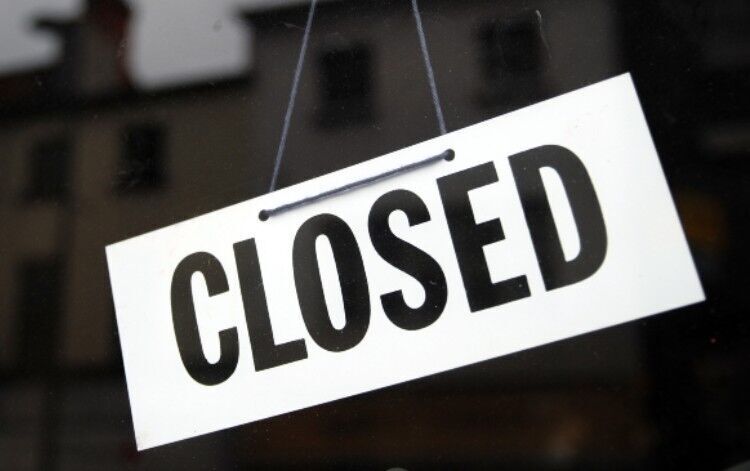Almost two-thirds of pharmacies in England have decreased their opening hours since 2015, latest analysis from the National Pharmacy Association (NPA) has suggested.
The research, based on a sample of 110 pharmacies, found that on average there has been a 6.1-hour (10%) reduction in opening hours for every pharmacy.
The findings come as up to 6,000 community pharmacies across the UK participate in the NPA’s ‘day of action’ – to protest and highlight the challenges facing the sector, and ultimately 'save our pharmacies'.
Pharmacies around the UK will be turning out their lights, blacking out their windows or asking staff to wear black as part of what the NPA has described as an ‘unprecedented’ event to sound the alarm over declining real terms funding.
Related Article: MAPPED: Some constituencies have fewer than ten pharmacies
According to the NPA’s analysis of pharmacy opening hours between 2015 and 2024, 63% had cut their opening hours and only 2.5% had increased their hours during this period.
In addition, pharmacies were open for 48.1 hours a week in 2024 – down from 54.2 hours in 2015.
Almost 5% of the pharmacies sampled had ‘shut their doors completely’ during the period, the NPA said.
This comes as exclusive analysis from The Pharmacist showed a net loss of more than 1,200 community pharmacies in England between 2019 and 2024.
The NPA’s Day of Action held today will lobby all political parties to reverse funding cuts and provide pharmacies with at least 2.5% of the overall NHS budget.
The association said it had chosen 20 June as this is a date in the month that a typical community pharmacy ‘effectively starts to work for the NHS for free’ – because there is only usually enough NHS funding to cover the first three weeks of the month.
Related Article: NHSE to ‘expand’ community pharmacy RSV vaccine offer
Based on member feedback, the NPA believes that between 5,000 to 6,000 pharmacies in England, Wales, Scotland and Northern Ireland will take part in the day.
Paul Rees, chief executive of the NPA, said: ‘Cutting opening hours is a last resort for pharmacies desperately trying to make ends meet in the face of a decade of cuts, which is why they feel compelled to take action to protest against what is the worst crisis in the community pharmacy sector in living memory.’
Citing closures he added: ‘We need the politicians to wake up to the fact there is now a state of emergency within community pharmacy across our four nations.
‘Many pharmacy owners will go to great lengths to keep their pharmacy open, including borrowing money from friends or family, remortgaging their own homes and reducing their opening hours.’
The current situation facing the sector was ‘unsustainable’, said Mr Rees, who added that many pharmacies were ‘simply being pushed to the brink’.
Related Article: Afternoon inhaler use gives effective asthma control, study finds
‘That’s why we are taking the unprecedented step of organising a day of pharmacy protests across the four nations, to highlight the fact that community pharmacies are now in a state of emergency,’ he added.
‘If we are to end cuts to services and more closures, all political parties must commit to a new deal for pharmacies, including a funding uplift and an end to the dispensing of medicines at a loss.’


Have your say
Please add your comment in the box below. You can include links, but HTML is not permitted. Please note that comments are not moderated before publication and the views expressed are those of the user and do not reflect the views of The Pharmacist. Remember that submission of comments is governed by our Terms and Conditions. You can also read our full guidelines on article comments here – but please be aware that you are legally liable for any libellous or offensive comments that you make. If you have a complaint about a comment or are concerned that a comment breaches our terms and conditions, please use the ‘Report this comment’ function to alert our web team.